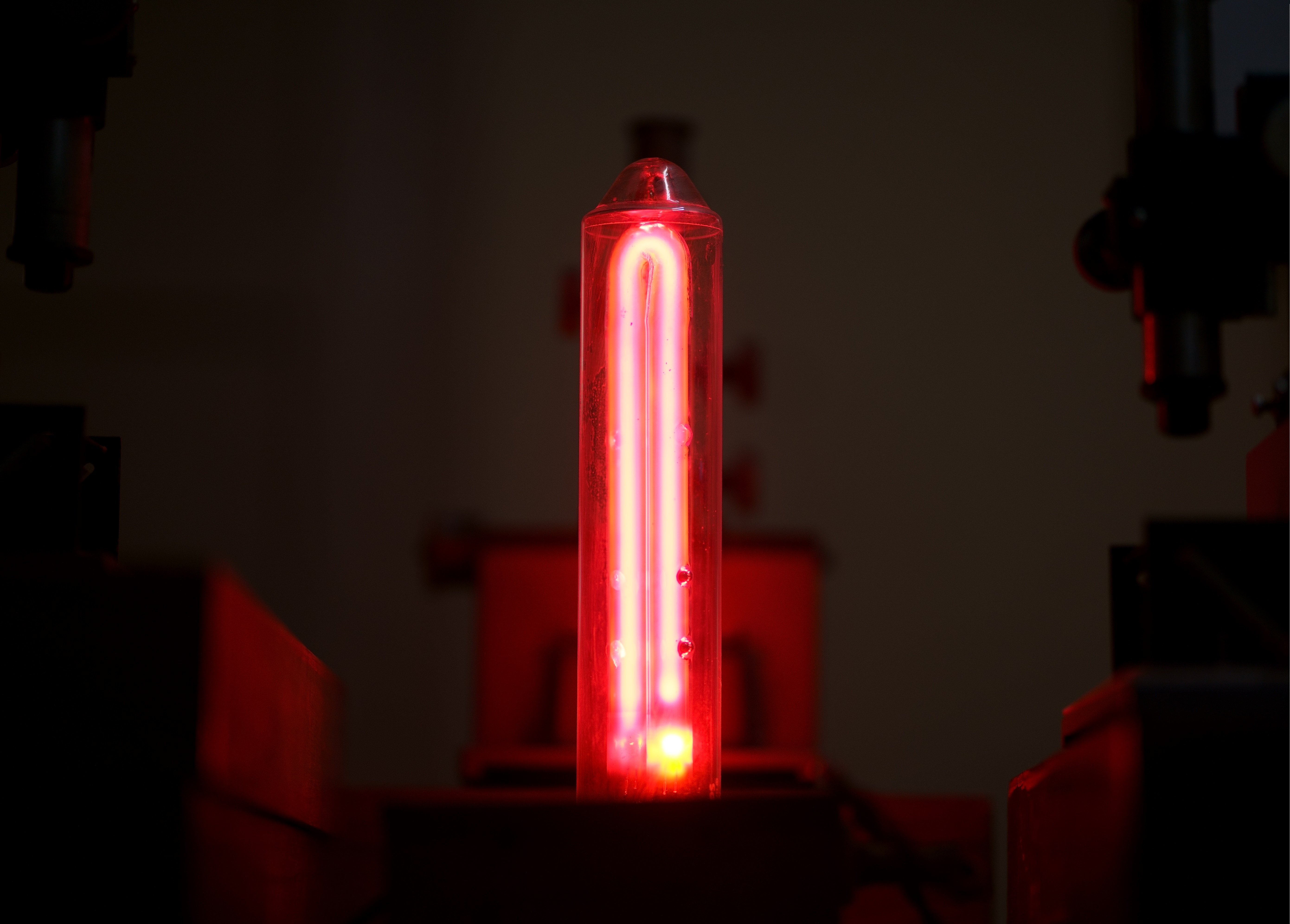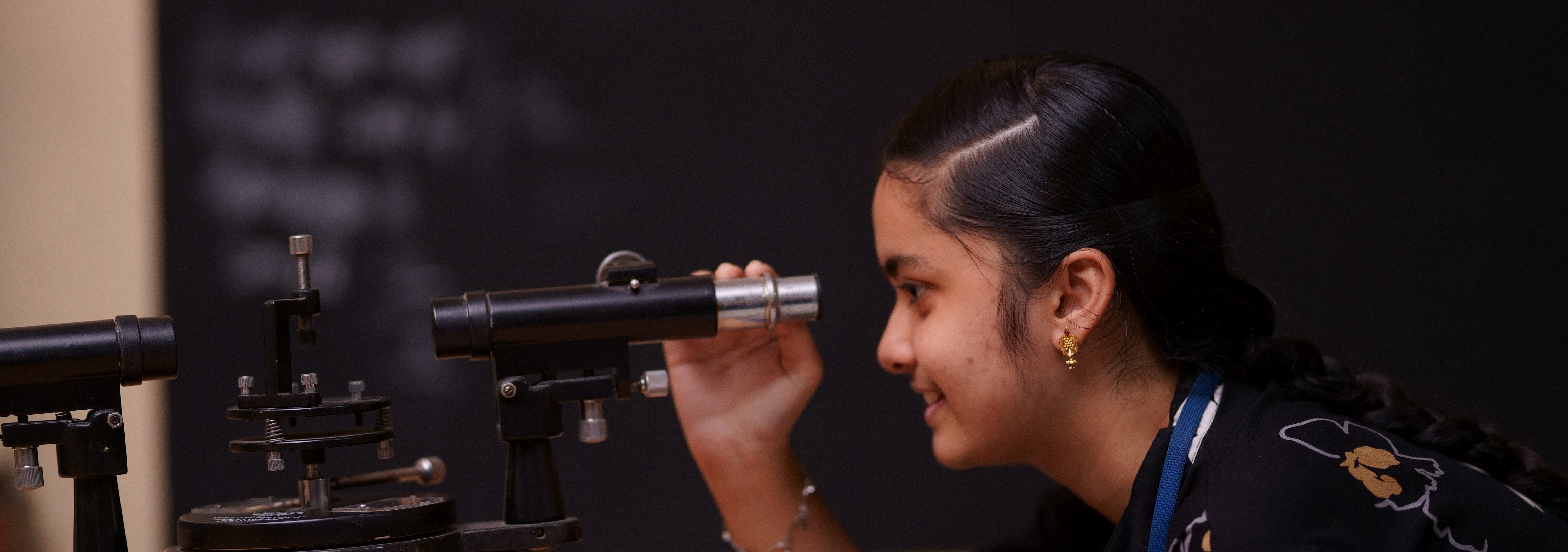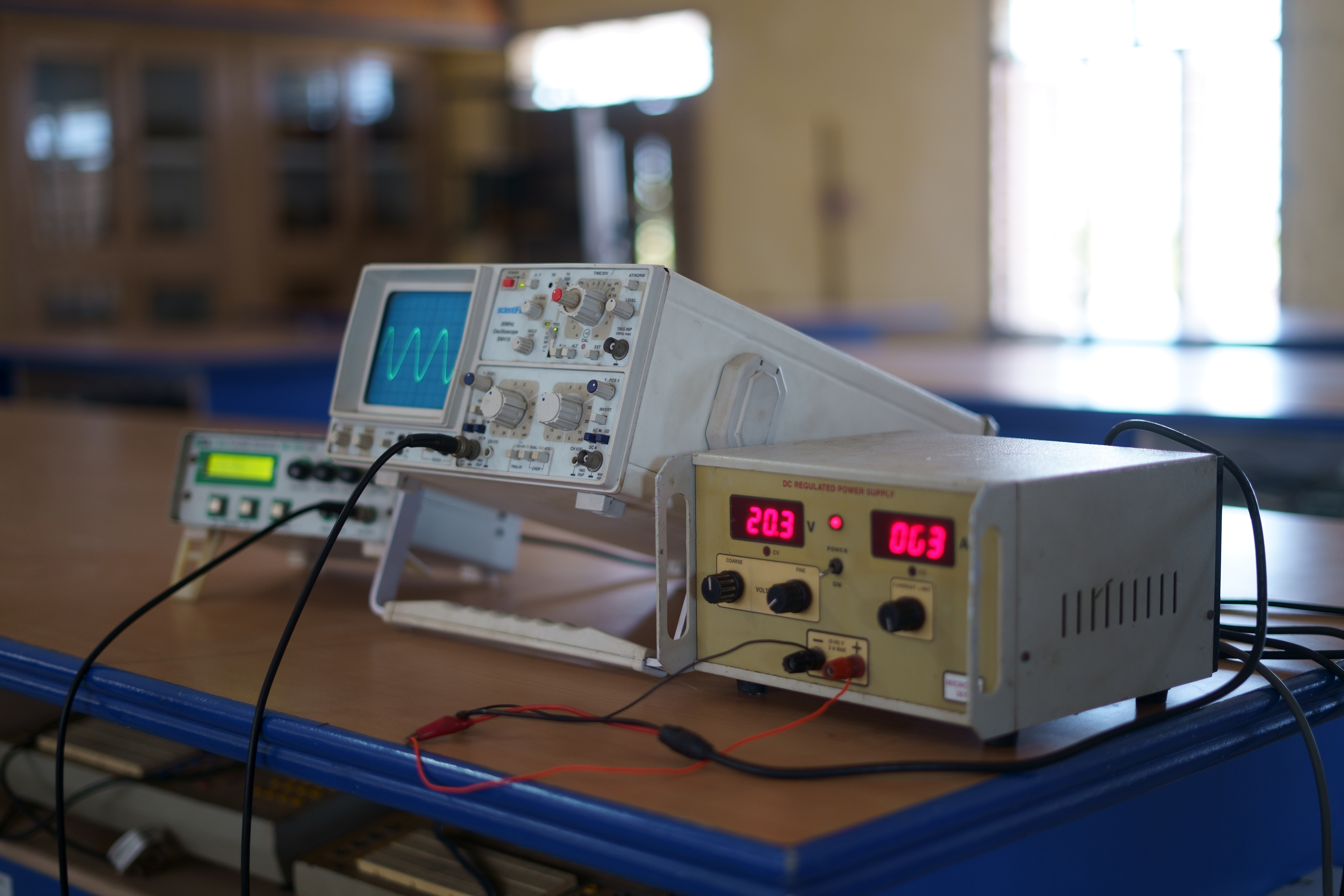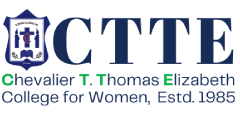


✅ Eligibility Criteria
Established in 1986, the Department of Physics provides a strong foundation in classical and modern physics, electronics, and computational techniques. The program blends theoretical concepts with experimental learning, equipping students for careers in research, engineering, and technology-driven industries.
Programme Highlights
Career Opportunities
Graduates can pursue careers as Research Scientists, Data Analysts, Lab Technicians, Radiation Physicists, and Aerospace Experts. Many opt for higher education (M.Sc. Physics, M.Tech, MBA) or specialized fields like Astrophysics, Nanotechnology, and Renewable Energy.
